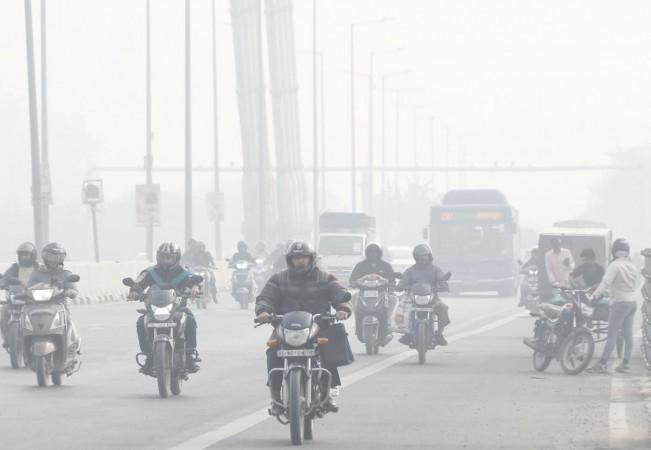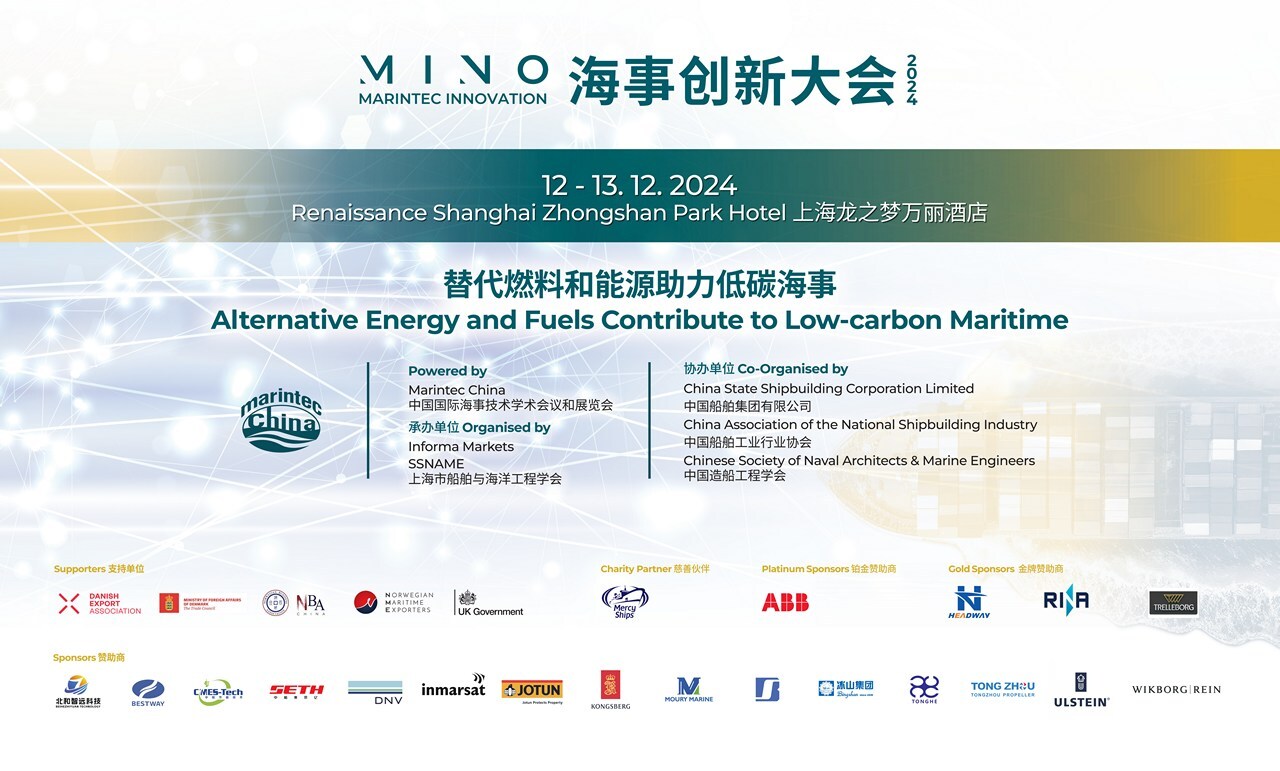
Empowering Ethiopia’s Women and Students At Selam Children’s Village (SCV) in Addis Ababa, 22-year-old Alia Abedudi is busy mastering the craft of garment production as part of a groundbreaking initiative. Alongside 24 other trainees, she is participating in Ethiopia’s first vocational training program dedicated to producing reusable sanitary pads. The initiative, supported by Japan’s Assistance for Grassroots Human Security Project (GGP), is more than just a skills course—it’s a lifeline to empowerment and environmental sustainability.
“It’s been two weeks since we started,” Alia said, her voice brimming with optimism. “These pads are washable, durable, and environmentally friendly compared to disposable ones. With proper care, these cloth pads can last for years.

” Designed for light incontinence and menstrual use, the pads are crafted from organic or sustainable fabrics like cotton. A multi-layer design ensures absorbency and leak-proofing, with the bottom layer made of waterproof material. Alia explained that the absence of harmful chemicals makes these products particularly suitable for sensitive skin.
Now halfway through the first phase of the month-long training, Alia’s ambitions extend beyond the classroom. “I joined this program to empower myself. I want to use these skills as a bridge to start my own business,” she told The Reporter.
A Unique Initiative for Women’s Empowerment SCV’s program is the first of its kind in Ethiopia, training 80 to 120 women annually in garment production. Divided into four short-term phases, the initiative is a collaborative effort between SCV and GGP, a form of Japanese Official Development Assistance (ODA) aimed at addressing basic needs in developing countries. SCV, a local NGO, has long been at the forefront of vocational training, offering young people the tools they need for economic independence.
Its partnership with GGP has led to the construction of two fully equipped garment training centers. The first, built in 2014 with close toUSD 100,000 in funding, marked the start of a transformative journey. In 2020, the project expanded with a second center, supported by an additional USD 70,000 in funding.
“These projects aim to empower women and unemployed individuals to achieve self-sustainability through education and entrepreneurship,” said Roman Alemu, a Grassroots Project Consultant for GGP. “They also address critical health and educational challenges faced by girls.” By training young women to produce reusable alternatives, the initiative bridges a critical gap while fostering self-reliance.
Roman emphasized that the Japanese government, through its embassy in Ethiopia, is committed to supporting similar initiatives across Addis Ababa and regional states. “The ultimate goal is to enable women to become financially independent and apply the skills they’ve gained,” she said. While the GGP Project primarily focuses on empowering women and reducing unemployment, its broader vision extends into education.
A third initiative under the project underscores this emphasis, providing essential equipment and dispatching over 700 volunteers through the Japan International Cooperation Agency (JICA). These volunteers bring Japanese expertise to Ethiopia, focusing on capacity-building for local professionals, particularly in education. One notable effort involves training teachers in six core subjects, including science and mathematics, to enhance the quality of instruction.
Transforming Education Through Practical Learning “The collaboration with Japanese professionals has significantly improved education quality in some schools,” said Wondwossen Mamo, Officer of the Volunteers Program for JICA. “Volunteers are deployed to build local capacity and engage community service providers. A key focus is incorporating practical lessons, such as experiments, to make learning more interactive and effective.
” Wondwossen emphasized that shifting from theory-based teaching to a practical approach helps students better understand their subjects. “The project is active in over 15 schools in Addis Ababa, with plans to expand further. However, ongoing security issues in certain regions have temporarily disrupted projects like water and agricultural initiatives,” he added.
Frehiwot Admasu, a General Science teacher at a school benefiting from Japanese government support, praised the program’s impact. “Incorporating experiments and practical lessons has deepened students’ understanding and sparked their interest,” she told The Reporter. She highlighted the assignment of Japanese volunteer lab instructors who guide students in hands-on experiments.
“This approach has not only improved the students’ learning abilities but also transformed how we teach, fostering permanent knowledge and critical thinking.” The collaboration between Selam Children’s Village (SCV) and the Japanese government, through GGP, reflects the transformative potential of targeted development projects. From vocational training in garment production to educational capacity-building in schools, these initiatives tackle pressing challenges like unemployment, environmental sustainability, and education quality.
For women like Alia, the vocational training program represents more than just an opportunity—it’s a step toward a sustainable future. For students, it opens doors to practical skills and deeper knowledge, empowering individuals and communities alike to shape a brighter future..














